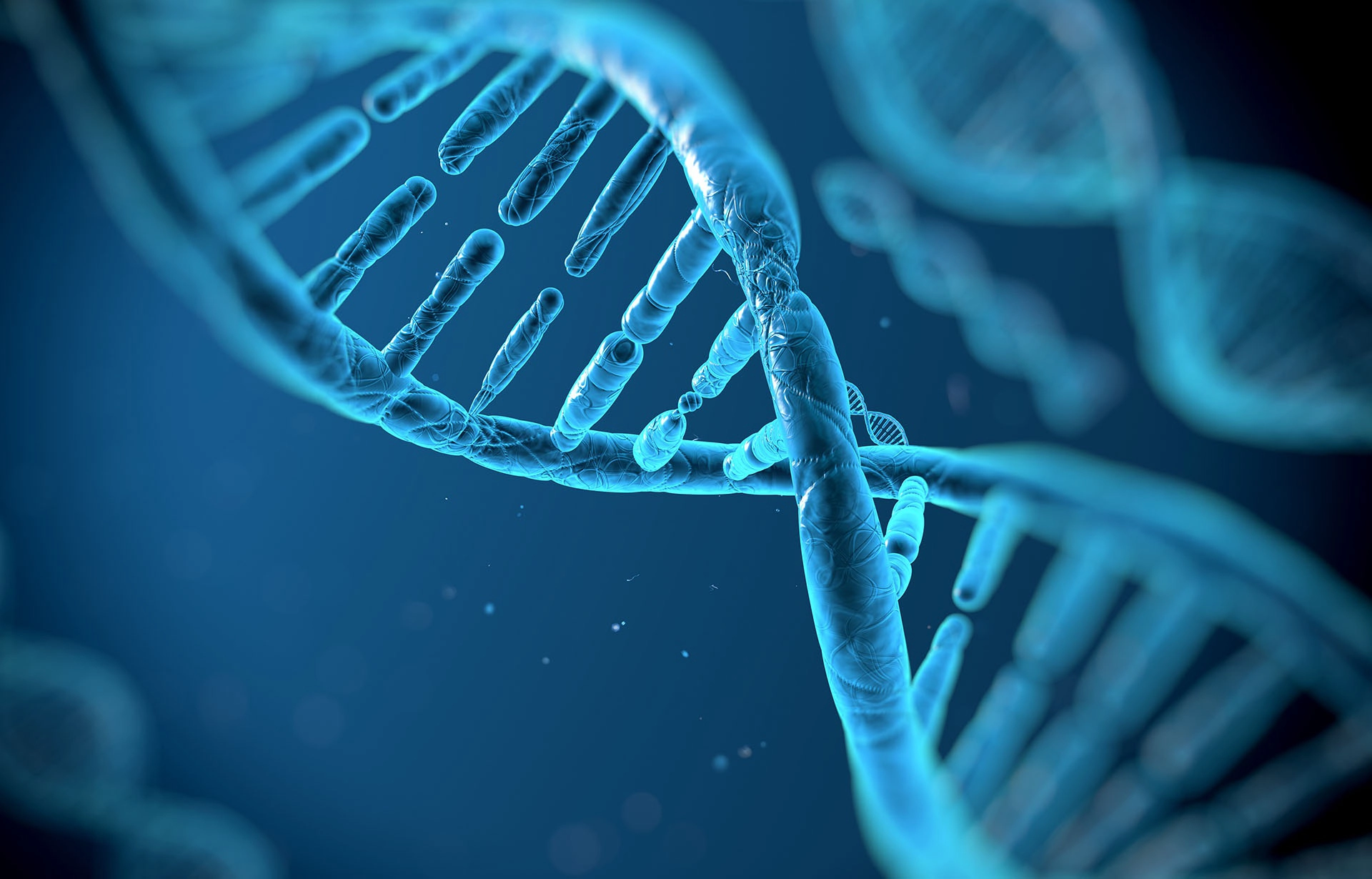When you’re ready to seek help for addiction, the treatment landscape can feel overwhelming. You might hear about the 12-step model. You might be told that cognitive behavioural therapy (CBT) is the gold standard. But what’s the actual difference between the two? Which one is right for you?
The truth is, both approaches have helped countless people recover. But they work in very different ways. At Addiction Rehab Toronto, we believe the best path is the one that fits you. That’s why we tailor every treatment plan to the individual, often combining tools from multiple approaches to give each client the best possible chance at long-term recovery.
Let’s take a closer look at CBT vs. 12 Steps to help you decide what might be right for your journey.
Related Article: What Role Does Cognitive Behavioural Therapy Play in Treating Addiction?
What Is CBT?
Cognitive behavioural therapy is a short-term, structured form of talk therapy. It focuses on identifying and changing the thoughts and behaviours that lead to unhealthy patterns, including substance use.
CBT operates on a simple but powerful idea: Your thoughts shape your actions. By learning to challenge negative or distorted thinking, you can make healthier decisions and manage triggers more effectively.
In addiction treatment, CBT helps people:
- Recognize the situations that lead to cravings
- Understand the emotions behind substance use
- Build healthy coping mechanisms
- Develop better problem-solving skills
- Reduce the risk of relapse
CBT is evidence-based, practical, and widely used by licensed therapists across the world, including here at Addiction Rehab Toronto.
Related Article: The Role of SMART Recovery Meetings in Addiction Recovery
What Is the 12-Step Model?
The 12-step model, created by Alcoholics Anonymous (AA), is a peer-based recovery framework that emphasizes acceptance, surrender, and community support. The steps include acknowledging a problem, turning it over to a higher power, making amends, and maintaining recovery through continued spiritual growth and service.
12-step programs are:
- Free to attend and widely available
- Group-based, often with daily or weekly meetings
- Spiritual in nature (but not tied to one religion)
- Based on peer accountability
Many rehab centres integrate 12-step elements into their programs, especially for clients who benefit from structure and group connection.
How Do CBT and 12 Steps Compare?
Though both aim to support long-term sobriety, CBT and the 12-step model differ in major ways from structure to philosophy.
Here’s a quick breakdown:
| Feature | CBT | 12 Steps |
| Approach | Clinical, evidence-based | Peer-based, spiritual |
| Format | One-on-one or group therapy | Group meetings |
| Focus | Thoughts, emotions, behaviour | Acceptance, surrender, accountability |
| Leadership | Trained therapist | Peer-led |
| Duration | Short-term with goals | Ongoing (lifelong support) |
| Tools | Coping strategies, self-monitoring | Sponsorship, spiritual reflection |
| Best for | People who prefer structure and logic | People who value peer support and community |
Related Article: How Does DBT Differ from CBT?

Strengths of CBT in Addiction Recovery
CBT is one of the most well-researched therapies in addiction treatment. It works particularly well for individuals who:
- Want to understand the why behind their addiction
- Struggle with anxiety, depression, or trauma
- Need tools to manage cravings, stress, or self-doubt
- Prefer practical, therapist-led sessions over group talk
At Addiction Rehab Toronto, CBT is often used alongside other therapies. It’s especially effective for clients in our dual-diagnosis programs, where mental health and addiction are treated together.
Strengths of the 12-Step Model
Despite being around for nearly a century, the 12-step model still offers value for many. It’s especially helpful for those who:
- Feel isolated and want community
- Respond well to routine and repetition
- Appreciate a spiritual or faith-based recovery path
- Find comfort in shared experiences and peer mentorship
- Need ongoing support after completing treatment
12-step programs like AA or NA are free, widely available, and can become a key part of someone’s post-treatment support system.
Limitations of Each Approach
While both CBT and the 12-step model have helped many people recover, neither is perfect. Each approach has its own limitations, depending on your goals, preferences, and support needs. Here’s what to keep in mind as you explore your options.
CBT:
- Requires regular attendance and active participation
- May not address spiritual or existential concerns
- Access may be limited if you’re not in a professional rehab setting
12 Steps:
- Some find the spiritual language off-putting or confusing
- It’s not guided by licensed professionals
- Doesn’t always address mental health or trauma
- May not resonate with people who prefer individualized care
Related Article: DBT Therapy for Addiction in Montreal: Regulating Emotions Without a Higher Power
Can You Combine CBT and 12 Steps?
Absolutely. In fact, many of the most effective treatment programs combine both.
- You might use CBT to work through internal struggles with a licensed therapist
- And join a 12-step group for external support and community connection
- You could explore holistic therapies like mindfulness, fitness, or creative outlets for deeper healing
- Or lean into family therapy and trauma work if those areas need attention
What to Consider When Choosing
If you’re deciding between CBT, 12-step, or both, here are a few questions to ask yourself:
- Do I want a clinical approach led by professionals or a community-based format?
- Am I open to spirituality, or do I prefer a psychological lens?
- Do I feel comfortable in group settings, or prefer private therapy?
- Am I managing a co-occurring condition like anxiety, PTSD, or depression?
- Have I tried one model before? Did it work or fall short?
Your answers can help guide the best starting point. And if you’re unsure, that’s normal. A full assessment at a licensed treatment centre can help clarify your needs.

How Addiction Rehab Toronto Can Help
We don’t believe in one-size-fits-all recovery.
At Addiction Rehab Toronto, we take a client-centred, flexible approach. That means:
- Individualized care plans based on your goals
- A mix of therapeutic options, including CBT, DBT, group support, and family work
- Access to 12-step programming if you want it, but never as the only path
- Trauma-informed and mental health-integrated treatment
- Holistic therapies to support mind and body recovery
- Supportive, accredited care backed by Qmentum standards
- 24/7 access for those in crisis or seeking immediate help
Whether you’re new to treatment or looking to try a different approach, we’ll meet you where you are and help you build a plan that works for you.
Choosing What Works for You
CBT and 12-step models are both valid, valuable tools, but they serve different needs. Some people thrive with one. Others do best combining both. Neither approach is right or wrong; it’s about what you need.
If you’re unsure, start with an open mind and a team you trust. At Addiction Rehab Toronto, we’ll help you explore your options, understand your patterns, and design a recovery plan that’s not just effective but sustainable.
Contact our team today for a confidential consultation and learn how personalized treatment can support lasting change, whether through CBT, 12-step work, or a combination of both.







